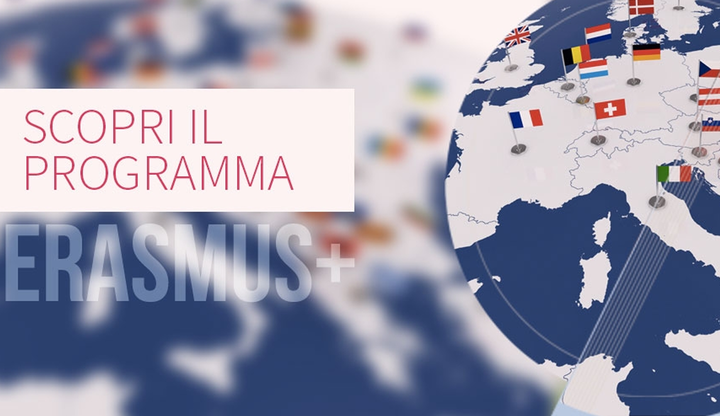WHAT IS ERASMUS+?
WHAT IS ERASMUS+?
Erasmus+ is the European Union programme for education, training, youth and sport. It runs for seven years, from 2014 to 2020. Erasmus+ helps people at all stages of their life, from school through to adulthood, to pursue stimulating opportunities for learning and enabling them to gain the valuable life-skills and international experience they need to succeed in today’s world. Taking part in the programme helps people to develop personally and professionally, gain valuable international experience, broaden horizons, experience new cultures and discover new ways of working.
Specific issues tackled by the programme include:
• Reducing unemployment, especially among young people
• Promoting adult learning, especially for new skills and skills required by the labour market.
• Encouraging young people to take part in European democracy
• Supporting innovation, cooperation and reform
• Reducing early school leaving
• Promoting cooperation and mobility with the EU's partner countries
Universities benefit from the programme by strengthening collaborations with other European institutions, which contributes to modernization of programs and the competitiveness of European education in the world. In recent years, this collaboration has led to the creation and improvement of a unified European education system that simplifies the recognition of periods of study abroad and of acquired credits.
By virtue of a network of collaborations with programme and partner universities and companies participating in the Erasmus+ programme, students, staff and teachers can carry out mobility experiences abroad.
Students can carry out two types of mobility experiences: study and traineeship.
A student can benefit for each study cycle of:
Mobility for study: from 3 to 12 months
Mobility for traineeship: from 2 to 12 months, also for recent graduates.
Study periods and training periods can be alternated for a maximum of 12 months per cycle, or 24 months for single-cycle degrees.
Students can attend courses, take exams, do research for their thesis, carry out traineeship experiences and take advantage of the facilities available at the foreign host institutions without having to pay additional fees beyond those paid to their own University.
Erasmus+ students are awarded a mobility grant, the amount of which is modulated according to the cost of life in the host country.
Prior to departure, students receive approval of the study or traineeship activities by the home university and the host university.

 University of Cagliari
University of Cagliari
